July 2018
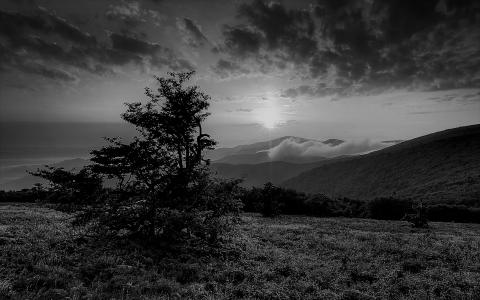
ಇತಿವೃತ್ತ
“ಇತಿವೃತ್ತ”ವೆಂದರೆ ಕಥಾವಿಸ್ತರವೆಂದು ಸ್ಥೂಲವಾಗಿ ಹೇಳಬಹುದು. ಯಾವುದೇ ತೆರನಾದ (ದೃಶ್ಯ ಅಥವಾ ಶ್ರವ್ಯ) ಕಾವ್ಯದಲ್ಲಿ ಕಥಾತಂತುವೊಂದಿರಬೇಕಷ್ಟೆ. ಅದು ಇತಿವೃತ್ತವೇ ಆಗಿದೆ. ಈ ಸುದೀರ್ಘತಂತುವನ್ನು ಕೃತಿಕಾರನು ತನ್ನ ಭಾವ-ಬುದ್ಧಿಗಳ ಮಗ್ಗದಲ್ಲಿ ಅಳವಡಿಸಿ ಕಾವ್ಯವಸ್ತ್ರವನ್ನು ನೇಯುತ್ತಾನೆ. ಭರತನು ನಾಟ್ಯದ ಶರೀರವೇ ಇತಿವೃತ್ತವೆಂದು ಒಕ್ಕಣಿಸಿದ್ದಾನೆ (೧೯.೧). ಅಭಿನವಗುಪ್ತನು ಇದನ್ನು ವಿವರಿಸುತ್ತ, ಇತಿವೃತ್ತರೂಪಿಯಾದ ಕಥೆಯು ಶರೀರವಾದರೆ ರಸವೇ ಆತ್ಮವೆಂದು ನಮ್ಮ ಆಲಂಕಾರಿಕಲೋಕಕ್ಕೆ ಪ್ರಿಯವಾದ ಆತ್ಮ-ಶರೀರಗಳ ರೂಪಕವನ್ನು ವಿಸ್ತರಿಸುತ್ತಾನೆ....
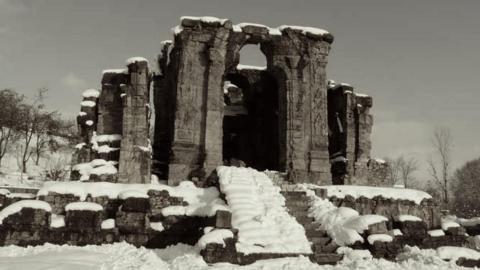
Kalhana in his Rajatarangini (11th Century CE) has written about Chandrapida, the ruler hailing from the Karkota dynasty. He was renowned for delivering justice as well as for his extraordinary valour.
Chandrapida (6th Century CE) decided to build the Narayana Temple in Parihasapura (today’s Paraspore). The land where the temple was proposed to be built belonged to a cobbler. When the royal officers offered money to him to buy the land, he...
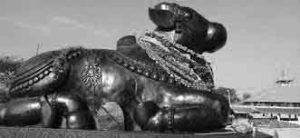
It was night-time. Sometime during 1914-15. Venkatanaranappa visited my house and said, “I had been to Mysore the day before yesterday to attend the senate meeting. Mirza saheb[1] was there. He is a senate member and an old disciple of mine. He was seated next to me and he asked me, ‘Sir, do you know the editor of The Karnataka[2]?’ I replied, ‘Yes, I know him well. His father and I are good friends.’ Encouraged, Mirza saheb continued, “He...
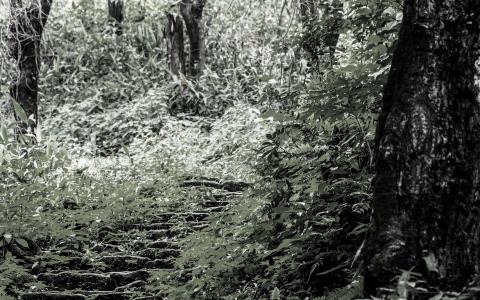
Kirmīra was an asura endowed with magical powers who inhabited the Kāmyaka forest. He was a brother of Bakāsura and a friend of Hiḍimba; Bhīma killed him. When Vidura visited the Pāṇḍavas in the forest, Kirmīra’s fallen body was still lying there. Having seen this and heard all the details about the episode, Vidura told Dhṛtarāṣṭra later on, after he returned to Hastinagara. When they learnt about the exile of the Pāṇḍavas to the forest, kings...
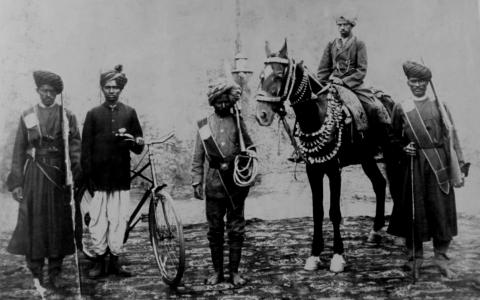
In an earlier episode, while discussing the revival of modern Kannada, we reminisced about Mysore’s GTA, the university graduates’ association. One among the main people driving the association was M L Shreekantesha Gowda. Soon after completing his B.A., B.L., he got a job in the government’s Judicial Department. For a few years, he was a munsif in Madhugiri. After his retirement he lived in Basavanagudi on the first floor of a house that he...

Avadhānam and Audience
Avadhānam sets a higher bar for an audience than most arts. It is probably at the other end of the spectrum to music, whose bar is the lowest purely from an enjoyment perspective. In that sense, a person simply cannot walk into an Avadhānam and start enjoying it. One needs to attend a few Avadhānams simply to get a hang of the framework. He also needs to be lucky to attend the performances of the really good avadhānis to...
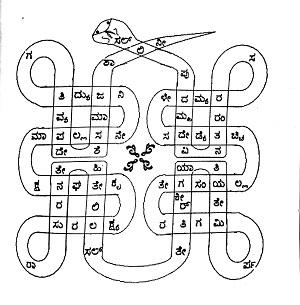
Avadhānam is an ancient art/sport of India. It involves extempore creation of metrical verses on a variety of topics under myriad aesthetic constraints. It is a quintessential representative of that defining trait of all Indian classical arts – spontaneity. “Cittaikāgryam avadhānam,” “Avadhānam is the focusing of the mind” is its traditional definition. Any exercise in any art form requiring extensive concentration can borrow this term....

Age of Glory
In the recent writings on Indian history, there are several episodes and events that have been given undue respect and importance. Several details that are not found in honest treatises of history have been presented to us and we are misguided and cheated; these also come in the way of our pursuit for the vision of truth. Almost all our history textbooks of today fall under this category of deceitful writing.
Our country has given...
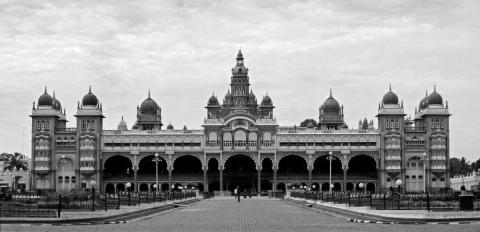
From what I’ve heard, Sri Vasudeva Sastri hailed from Doddaballapura. His Highness the Maharaja of Mysore bestowed upon him the title of “Vidyanidhi” (literally: Treasure of Knowledge). Perhaps he was the first in a line of scholars to receive the “Vidyanidhi” honorific. He also earned renown as “Jaganmithya” Vasudeva Sastri. In a Vakyartha[i] conducted in the presence of the Sringeri Jagadguru, Sri Vasudeva Sastri propounded the Advaitic tenet...
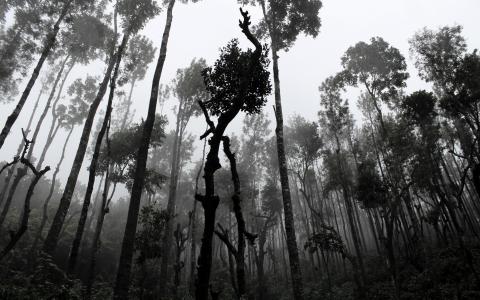
ARAṆYA-PARVA
After the Pāṇḍavas lost the game of dice, they took their weapons and set out along with Draupadī in a northern direction, leaving Hastinagara behind. Seeing them, the citizens of the town were distressed. Without fear, the townsfolk hurled curses on Bhīṣma, Vidura, and Droṇa – “If they govern the kingdom according to the whims of the sinner Duryodhana, Śakuni, Karṇa, and Duśśāsana, what will happen to our homes and āśramas – will...
